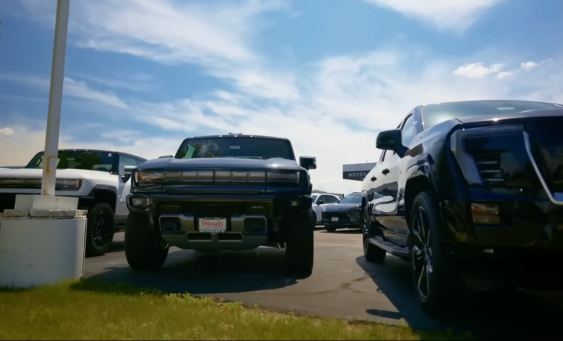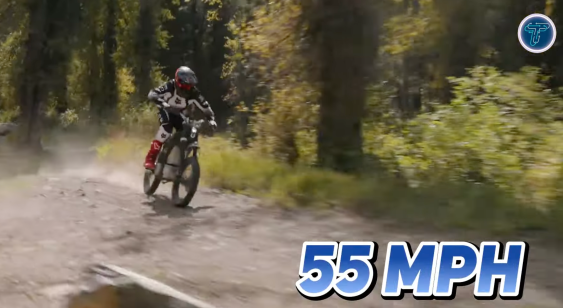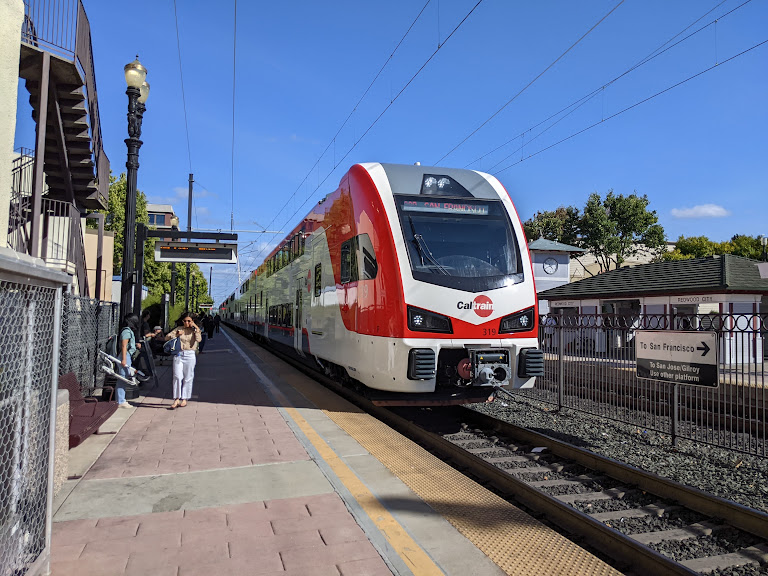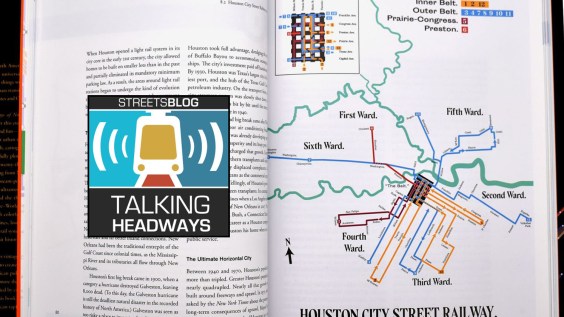Gov. Ed Rendell (D-PA) and Los Angeles Mayor Antonio Villaraigosa
(D), two of the nation's best-known advocates for greater investment in
the built environment, today joined several House Democrats in calling
for federal action on a National Infrastructure Bank (NIB) -- even as
questions about how the bank's scope, and Congress' resistance to
raising sustained new transport funding, continued to dog the debate.
 Villaraigosa
Villaraigosa(r.) with Gov. Arnold Schwarzenegger, another co-chief of Building
America's Future. (Photo: Getty)
Rendell and Villaraigosa came to the Capitol for a
visit to the House Ways and Means Committee's revenue panel, which
faces the challenging task of finding a workable financing mechanism for
long-term federal transportation legislation.
Villaraigosa used his high-profile
push for federal assistance with his city's "30/10"
transit plan, which would expedite construction of 13 rail and
rapid bus projects using proceeds from a voter-approved sales tax, to
urge lawmakers' support for an NIB.
"We're not only arguing for infrastructure investment on the
federal level," he said. "We're saying
... at a time of spiraling deficits, we've got to encourage local
governments to put up their own money. We have done that [in L.A.]."
Rendell, who has used his role as co-chairman of the advocacy group
Building America's Future to amass
support for an NIB, quoted GOP Sen.
Jim Inhofe's (OK) support for federal transport spending in a bid
to depict infrastructure as a uniquely bipartisan issue.
"The American people are way ahead of us," Rendell told Ways and
Means members. "Infrastructure is something they can touch, they can
see,
they can experience ... This is easier, in terms of public
perception, than anybody thinks."
But even as the duo focused on the NIB -- which Rendell and Rep. Rosa
DeLauro (D-CT) agreed should be placed outside the U.S. DOT,
counter to the White House's proposal -- the specter of the federal gas
tax hung over the room. One day after conservatives began
using anti-gas tax arguments in a bid to derail the new Senate
climate bill, lawmakers prodded Rendell and Villaraigosa to share
their views on the subject.
Rendell, specifying that he was "not speaking for" his advocacy
group, endorsed a gas tax increase. Villaraigosa followed, confidently:
"I unequivocally support an increase in the gas tax ... if America is
going to continue to maintain its highways and infrastructure, it's
crucial."
Few Democrats on the Ways and Means panel, however, were prepared
to echo their colleagues from the state and local levels.
"I think we'd have a hard time passing a gas tax increase in the
Democratic
delegation [and] a hard time passing it in the Pennsylvania delegation,"
Rep. Mike
Thompson (D-CA) told Rendell after the governor cited surveys
that show the majority of the public incorrectly believes the tax
is already indexed for inflation. "I just think
these polls may not be as telling as we'd like to think."
A middle-ground approach was offered by Rep. Earl Blumenauer
(D-OR), who reminded fellow House members that "there is no reason
we have to raise a gas tax, this year or next year," to pay for
sustained new federal transport investment. "As long as we establish a
revenue path
going forward within a 10-year budget score, we can leverage it."
Still, in a political climate dominated by incumbents in both
parties running
scared ahead of the November midterm elections, the prospects for
any significant commitment from Washington appeared bleak.





